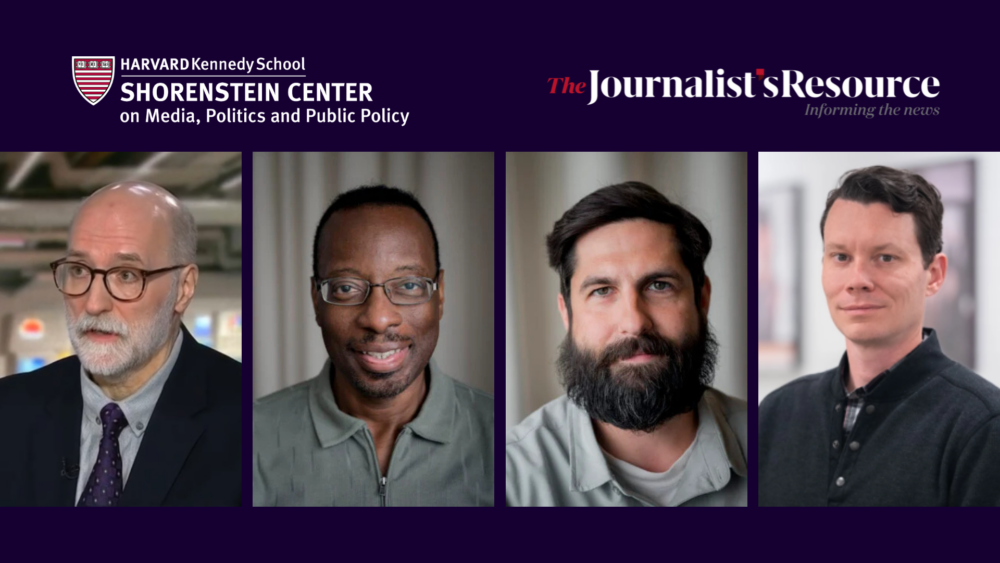
Videos
Digging into crime data to inform news coverage across beats
Focus Areas
Unraveling what shapes trust in news and civic information—and how we can strengthen it in today’s media landscape.
Trust in information is shaped by a complex interplay of psychological, social, and technological factors, and the Shorenstein Center investigates what drives people to believe or doubt the media and information they encounter. Our research explores not only the systems and impacts of misinformation and disinformation but also the broader principles that underpin audience engagement and trust. We also support the dissemination of high-quality information by providing tools and guidance to help journalists, filmmakers, and media creators incorporate academic research and expert knowledge into their reporting. Through our interdisciplinary approach, the Center aims to better understand and strengthen the trustworthiness of information.

Videos
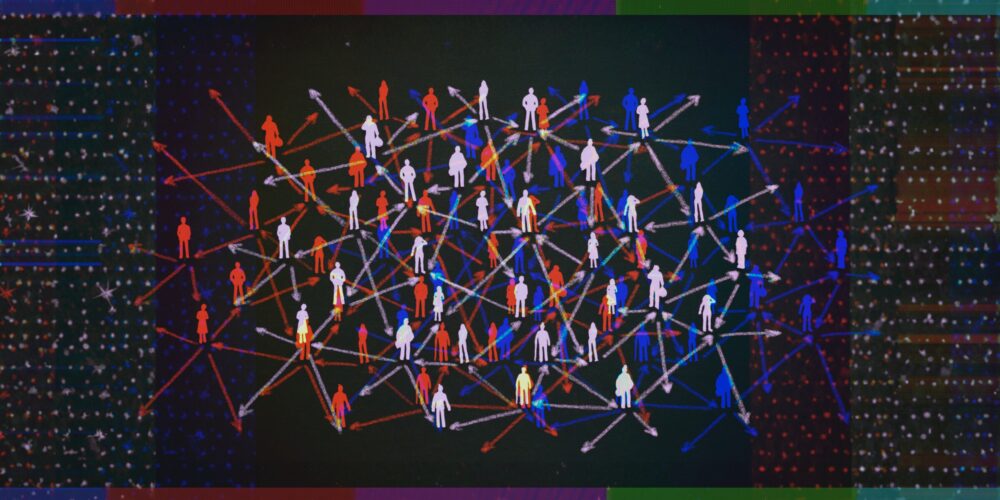
Commentary

Commentary
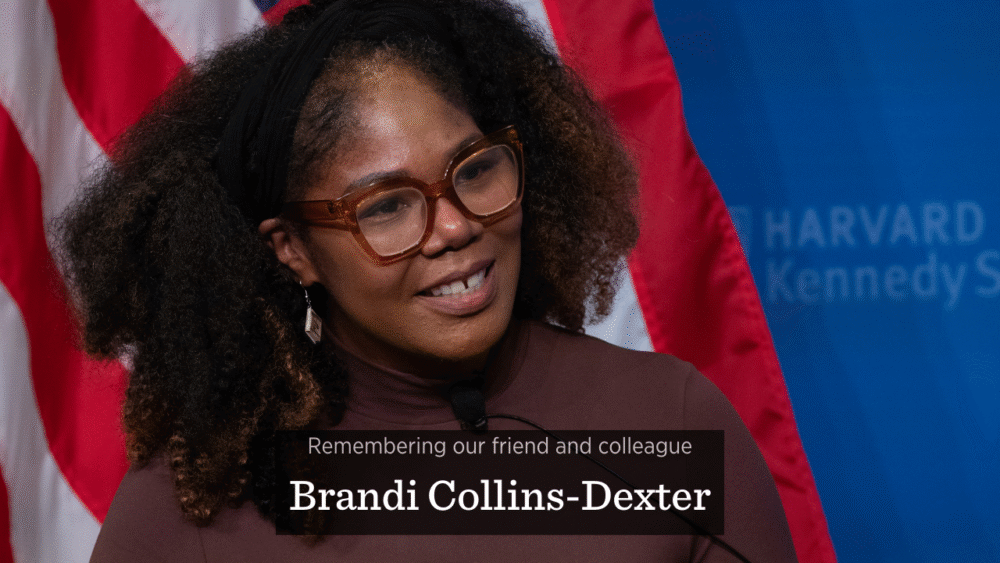
Center News
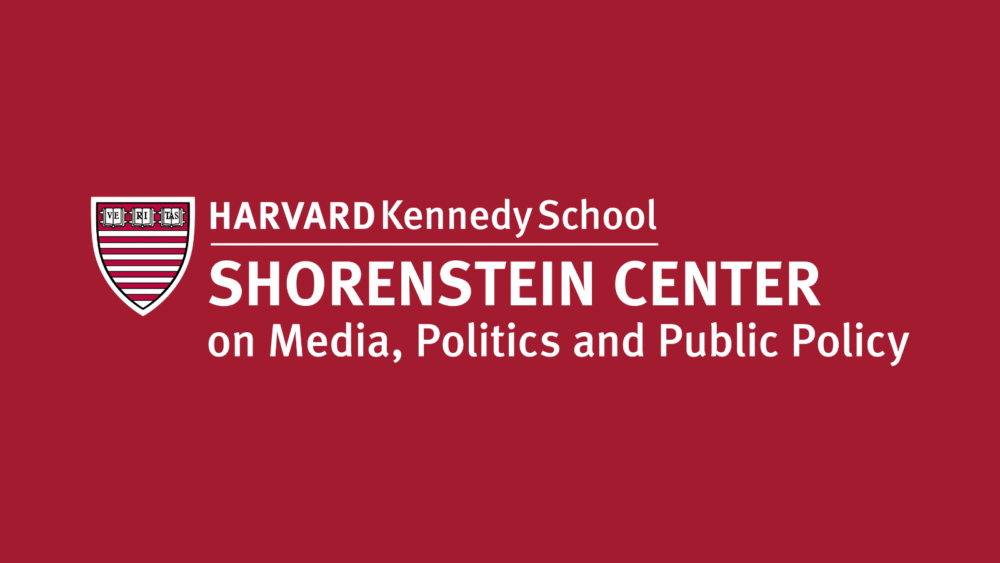
Center News
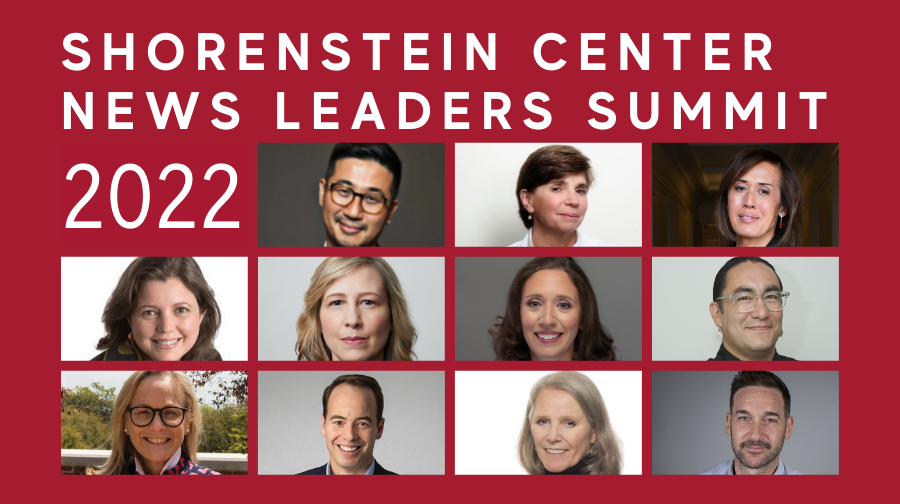
Center News
The Shorenstein Center researches media, audience, and influence through a range of lenses and disciplines.